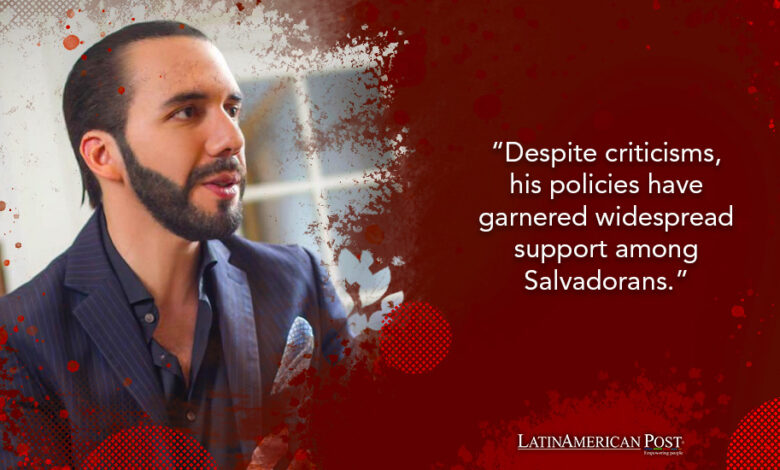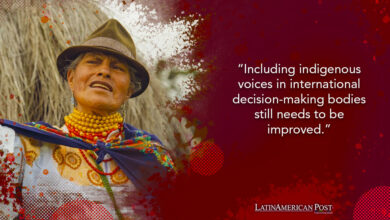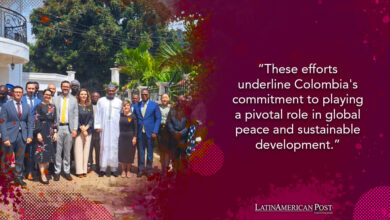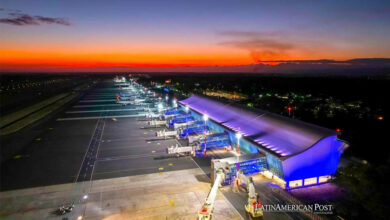Bukele’s Bold Reforms are a Beacon of Hope for El Salvador

In less than five years, President Nayib Bukele has transformed El Salvador from a battleground of gang violence into a safer, more prosperous nation. Despite criticisms, his policies have garnered widespread support among Salvadorans.
President Nayib Bukele’s Impact on El Salvador
President Nayib Bukele’s tenure marks a pivotal era in El Salvador’s history. Once notorious for its high murder rates and gang dominance, the nation now stands as a testament to dramatic improvements in public safety and quality of life. Critics are quick to label Bukele an autocrat, pointing to the substantial incarceration rates and the suspension of certain constitutional rights. However, this perspective overlooks the context of El Salvador’s dire circumstances pre-Bukele and the tangible benefits his policies have brought to its citizens.
Under Bukele, Salvadorans can now enjoy simple freedoms previously unthinkable, such as moving freely across neighborhoods, opening businesses without fear of extortion, and enjoying public spaces without the looming threat of gang violence. These are not minor achievements; they represent a fundamental shift towards normalcy and security in the daily lives of millions.
Bukele’s methods have raised eyebrows, especially among human rights organizations. Strong-arm tactics and the erosion of some civil liberties are serious concerns. Nevertheless, it’s crucial to understand the desperation and fear that gripped El Salvador before his rise to power. In a context where traditional approaches had repeatedly failed, Bukele’s assertive policies have been a gamble that paid off, significantly reducing crime rates and restoring a sense of safety.
Bukele’s Vision for a Modern El Salvador
Moreover, Bukele’s innovative approach extends beyond security. His embrace of technology and modernization, exemplified by his adoption of Bitcoin as legal tender, showcases his vision for a forward-thinking El Salvador. While not without its critiques, this move signals a willingness to break from conventional paradigms and experiment with new solutions to economic challenges.
Critics concerned with the democratic backslide should also consider the broader regional context, where Bukele’s popularity and success have inspired similar hardline security measures. His high approval ratings reflect a populace that, for now, values safety and progress over certain freedoms. This is a complex trade-off many societies have grappled with throughout history.
Also read: High-Interest Rates Reveal Latin America’s Leftist Policies Vulnerabilities
While it’s essential to monitor the long-term impacts of Bukele’s policies on democracy and civil liberties, his tenure thus far represents a beacon of hope for a country long plagued by violence and despair. Bukele’s El Salvador is a work in progress, but the positive changes under his leadership should not be underestimated or dismissed.





